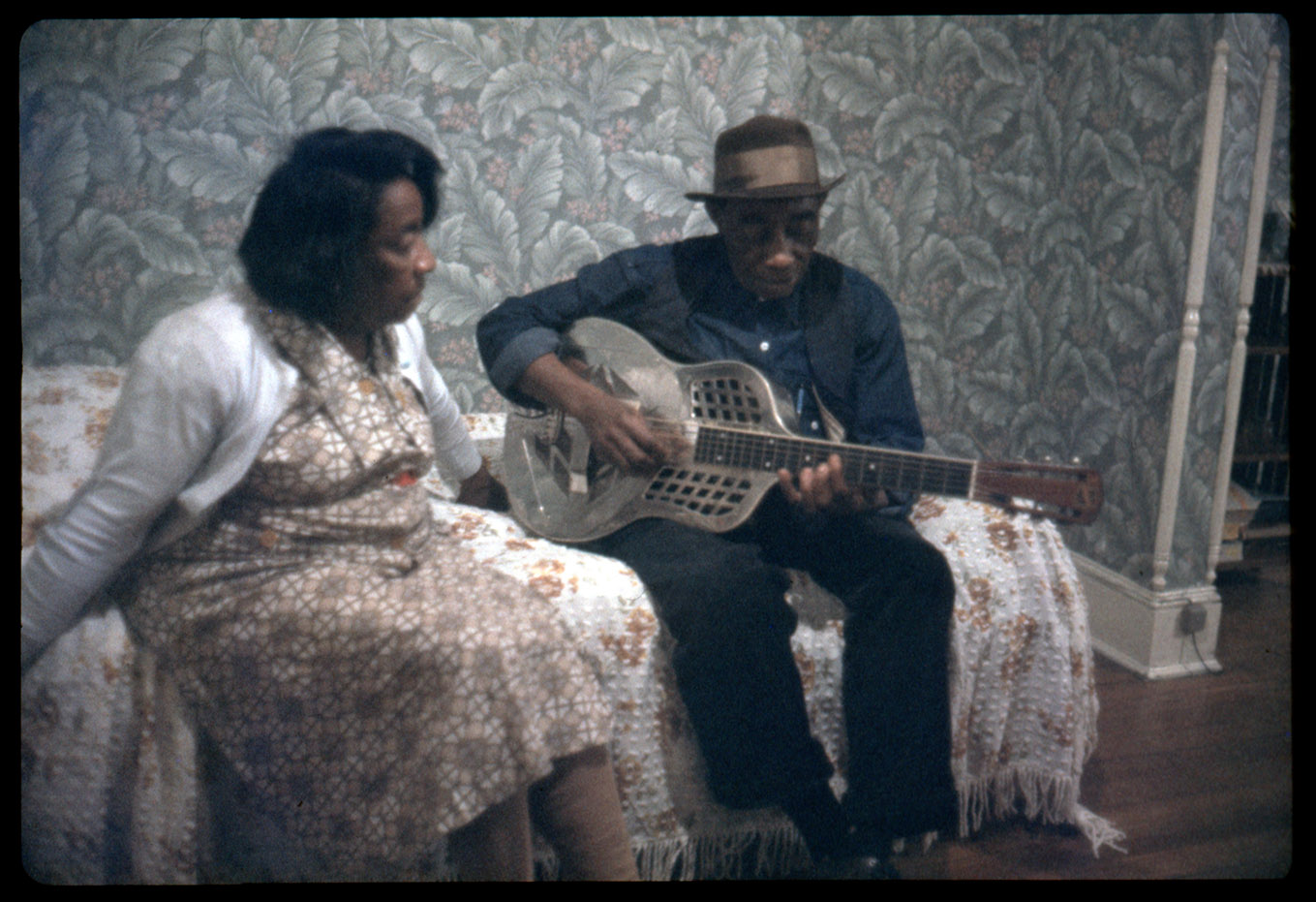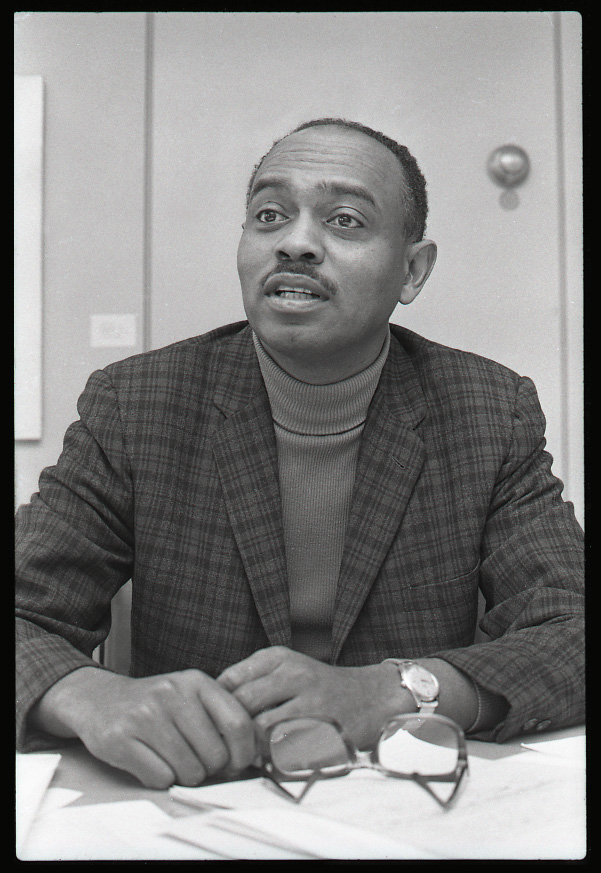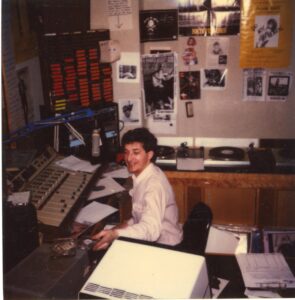Bernie Moss Collection

A fixture of the Boston Jazz scene, Bernie Moss began taking photographs in the early 1960s, capturing musicians on stage and after hours in the clubs he frequented. Musicians that Moss would meet at Connelly’s, the Savoy Cafe, Lennie’s on the Turnpike, and later the Jazz Workshop, would often come to Moss’s apartment at 11 Queensberry Street where he would give them a place to stay and a meal. His generosity and love of the music and musicians was renown among the top artists of the era; inspiring Dexter Gordon to compose the song “Boston” Bernie Moss in his honor. Moss was born on Christmas day in 1908 and grew up in a Jewish household. He played trombone as a member of the Massachusetts National Guard 241st Coast Artillery Regiment from 1929 to approximately 1939 but spent the remainder of his life looking after the Boston apartment buildings he inherited from his father, known as the Moss Realty Co. According to Nat Hentoff in his memoir Boston Boy, “he took care that none of his tenants ever knew him as a landlord. His brother collected the rent, and the janitor received all the complaints about services. Bernie just showed up to talk about jazz.” Moss died on February 13th, 1988.
The Bernie Moss Photograph Collection primarily consists of Moss’s color photographs taken at Boston Jazz clubs in the 1960s and early 1970s. The photographs include musicians Alan Dawson, Roy Haynes, John Coltrane, Ben Webster, Dizzy Gillespie, Yusef Lateef, Herbie Hancock, Art Blakey, and many more. Moss’s amateur style brings life to some of the most important years of modern Jazz, showing Jazz greats at the height of their powers, often in informal settings. Many photographs were mounted and catalogued as part of a traveling exhibit curated by the Boston Jazz Society.






